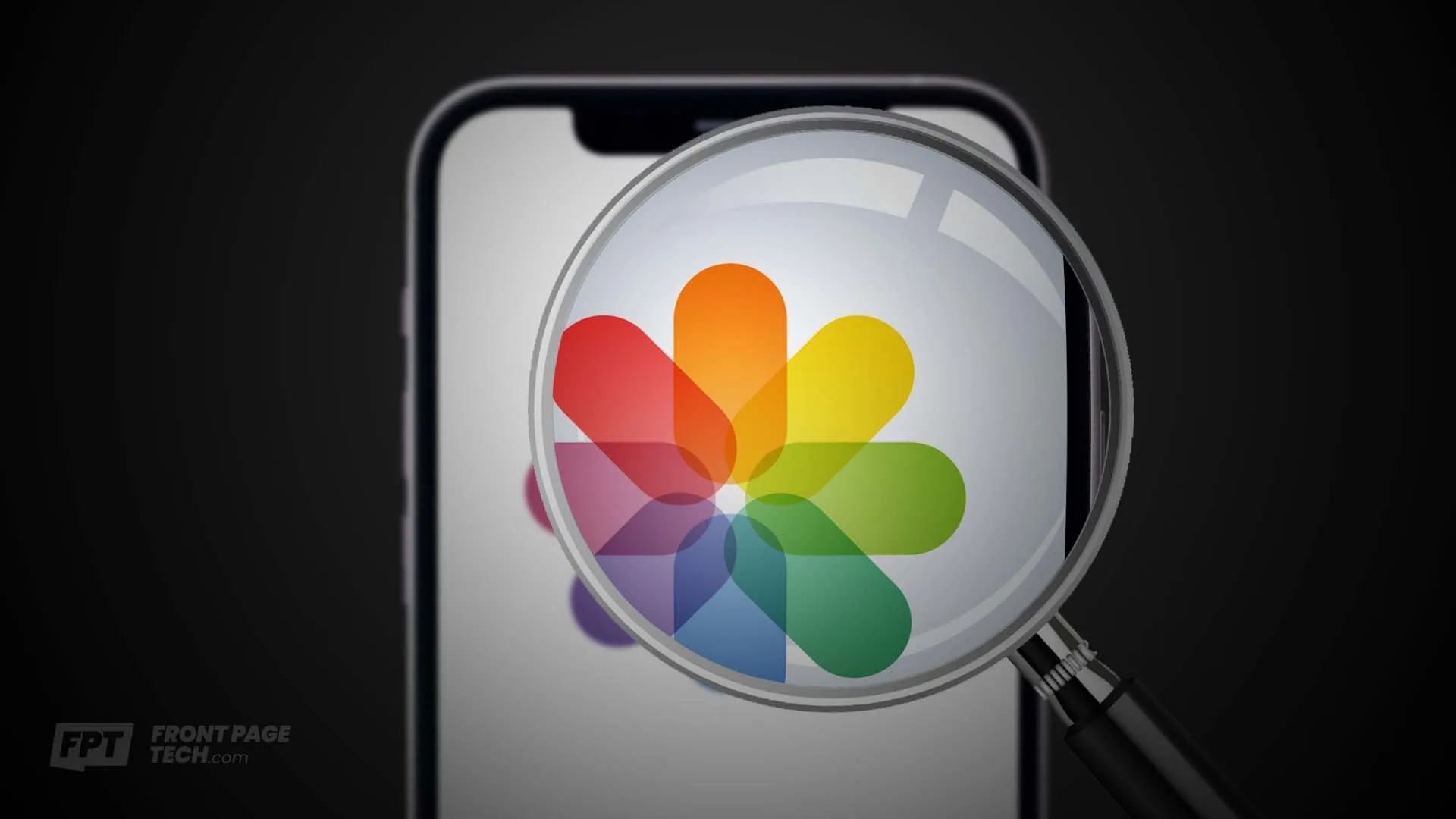Apple claims its revelation of automatic features for the iPhone and iPad to detect child sexual abuse was “jumbled quite badly.”
Apple announced new picture identification software on August 5th, which can warn the firm if known unlawful photographs are uploaded to the company’s iCloud storage.
The disclosure was met with criticism from privacy advocates, with some claiming that Apple had built a security backdoor into its software.
The announcement was largely “misunderstood,” according to the business
In an interview with the Wall Street Journal, Apple software chief Craig Federighi said, “We wish that this had come out a little more clearly for everyone.”
In retrospect, he believes that releasing two things at once was “a formula for this kind of misunderstanding.”
What are the new tools?
Apple has unveiled two new features aimed at safeguarding children. They will first be deployed
in the United States
Image detection
When a user uploads images to iCloud storage, the first tool can detect known child sex abuse material (CSAM)

The National Center for Missing and Exploited Children (NCMEC) in the United States keeps track of photographs of suspected criminal child abuse. It saves them as hashes, which act as a digital “fingerprint” of the illicit content.
Images are already checked against these hashes by cloud service providers like Facebook, Google, and Microsoft to ensure that no one is spreading CSAM.
Apple opted to follow suit, but stated it would undertake the image matching on a user’s iPhone or iPad before uploading it to iCloud.
Mr Federighi stated that the iPhone will not check for things like images of your children in the bath or pornography.
According to him, the algorithm could only match “precise fingerprints” of known child sexual assault photographs.
If a user tries to post many photographs that match child abuse fingerprints, Apple will alert their account and the individual images will be reviewed.
Before this feature could be activated, Mr Federighi added, a user would have to supply around 30 matched photographs.
Message filtering
Aside from the iCloud tool, Apple also revealed a parental control feature that parents may enable on their children’s accounts.
If enabled, the system will examine photos received to or from the youngster via Apple’s iMessage program.
If the machine learning system determines that a photo contains nudity, the shot will be obscured and the child will be warned.
If the youngster decides to view the photo, parents can select to receive an alert
Criticism
Privacy advocates have expressed fear that authoritarian governments could expand the
technology and use it to spy on their own citizens.
Will Cathcart, the CEO of WhatsApp, termed Apple’s decision “extremely troubling,” while Edward Snowden, a US whistleblower, dubbed the iPhone a “spyPhone.”
The “soundbyte” that propagated after the disclosure, according to Mr Federighi, was that Apple was searching iPhones for photographs.
He told the Wall Street Journal, “That is not what is happening.” “We are really enthusiastic about what we are doing, and we recognize that it has been largely misinterpreted.”
Later this year, the utilities will be included in updated versions of iOS and iPadOS







